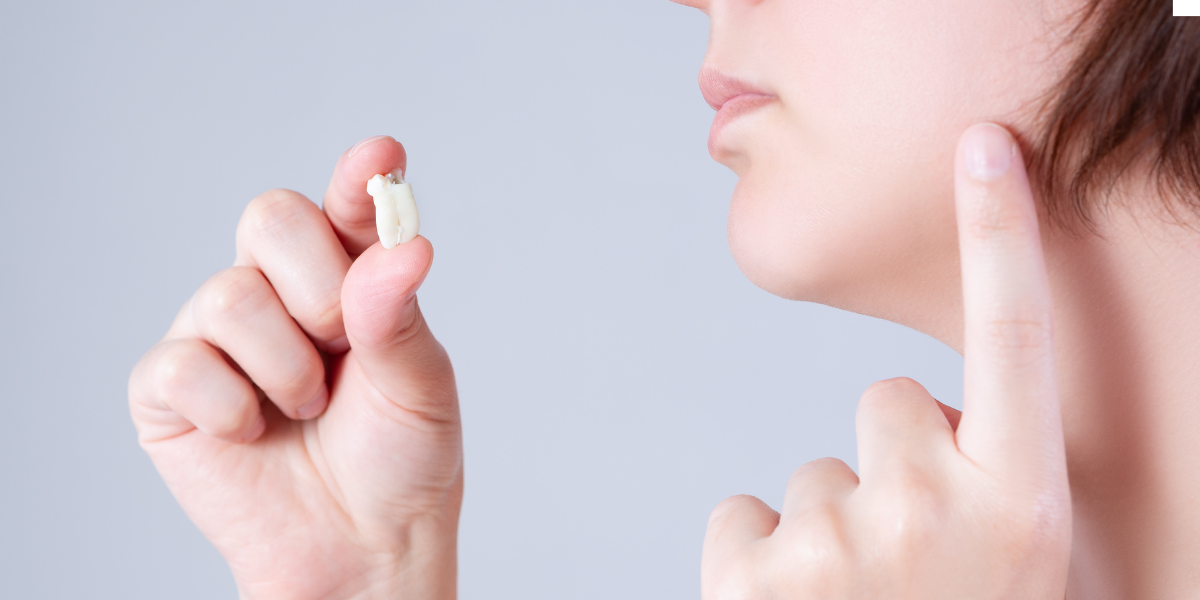
Wisdom teeth, those enigmatic third molars, often erupt in late adolescence or early adulthood, sometimes causing overcrowding or impaction. Their removal, a common oral surgery procedure, can come with a fair share of discomfort. While post-surgical soreness and swelling are expected, ear pain might catch you by surprise. But fret not, this blog sheds light on why ear pain can occur after wisdom teeth extraction and equips you with knowledge to navigate the healing process.
Understanding the Wisdom Teeth Removal Process
Wisdom teeth removal, technically known as wisdom teeth extraction, involves surgically removing one or more wisdom teeth. This procedure is often performed when wisdom teeth are impacted (stuck beneath the gum line), causing pain, infection, or other dental problems.
The extraction process typically involves:
- Local anesthesia: Numbing the area around the wisdom tooth.
- Possible sedation: Depending on the complexity of the extraction and patient preference, some level of sedation might be used.
- Tooth removal: The dentist or oral surgeon carefully removes the wisdom tooth using surgical tools.
- Stitches: In some cases, stitches might be used to close the extraction site.
Why Does Ear Pain Occur After Wisdom Teeth Removal?
While wisdom teeth reside in your jaw, our head and neck are intricate networks of nerves, muscles, and bones. The trigeminal nerve, responsible for facial sensations, also innervates the jaw and areas around the ear. Following a wisdom teeth extraction, several factors can contribute to ear pain:
- Inflammation: The extraction site becomes inflamed after surgery. This inflammation can put pressure on surrounding tissues, including those near the ear canal, leading to perceived ear pain.
- Radiating Pain: Inflammation and irritation around the extraction site can sometimes cause pain to radiate to other areas, mimicking an earache.
- Tense Jaw Muscles: Opening your mouth wide during surgery can cause temporary jaw muscle tension. This tension can radiate pain upwards towards the ear.
Is Ear Pain After Wisdom Teeth Removal Normal?
The good news? Ear pain after wisdom teeth extraction is a relatively common occurrence and shouldn’t be a cause for immediate alarm. In most cases, the pain is temporary and subsides within a few days as the swelling and inflammation decrease.
Here are some indicators that the ear pain is likely a normal side effect:
- The pain is dull and throbbing.
- The pain is on the same side as the wisdom tooth extraction.
- The pain is accompanied by swelling in the jaw or cheek.
- The pain gradually improves over time.
When to Seek Professional Help
However, in some cases, ear pain after wisdom teeth removal might warrant a visit to your dentist or oral surgeon. Here are some red flags to watch out for:
- Severe or persistent pain: If the ear pain is severe, throbbing, or doesn’t improve within a few days, it’s best to consult your dentist.
- Sharp or shooting pain: Sharp or shooting pain in the ear could indicate nerve damage.
- Fever, chills, or pus drainage: These symptoms can indicate an infection, requiring immediate medical attention.
- Hearing loss: Sudden hearing loss after wisdom teeth extraction is uncommon but requires prompt evaluation by a medical professional.
Tips for Managing Ear Pain After Wisdom Teeth Removal
If you’re experiencing ear pain after wisdom teeth extraction, several measures can help alleviate the discomfort:
- Pain relievers: Over-the-counter pain relievers like ibuprofen or acetaminophen can help manage pain and inflammation.
- Cold compress: Apply a cold compress to the outside of your cheek near the extraction site for 15-20 minutes at a time. Repeat this process every few hours for the first day or two.
- Rest: Allow your body ample time to heal. Avoid strenuous activities that could worsen the pain.
- Maintain good oral hygiene: Gently rinse your mouth with warm salt water several times a day to keep the extraction site clean and promote healing.
- Elevated head position: When sleeping, elevate your head with extra pillows to reduce swelling and associated discomfort.
While ear pain after wisdom teeth extraction can be a surprise, it’s often a temporary side effect. By understanding the causes and following proper aftercare instructions, you can navigate the healing process and achieve a healthy smile. If the pain becomes severe or persists beyond a few days, consulting your dentist or oral surgeon is crucial to rule out any complications. Remember, a healthy recovery sets the stage for long-term oral health and a bright, beautiful smile.